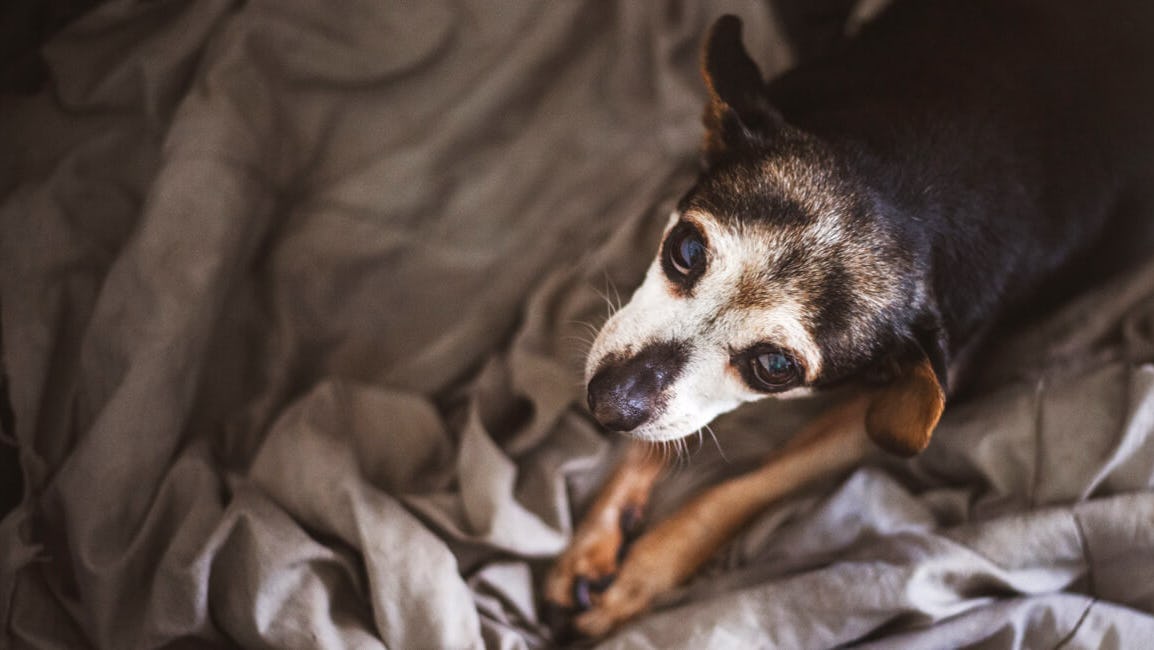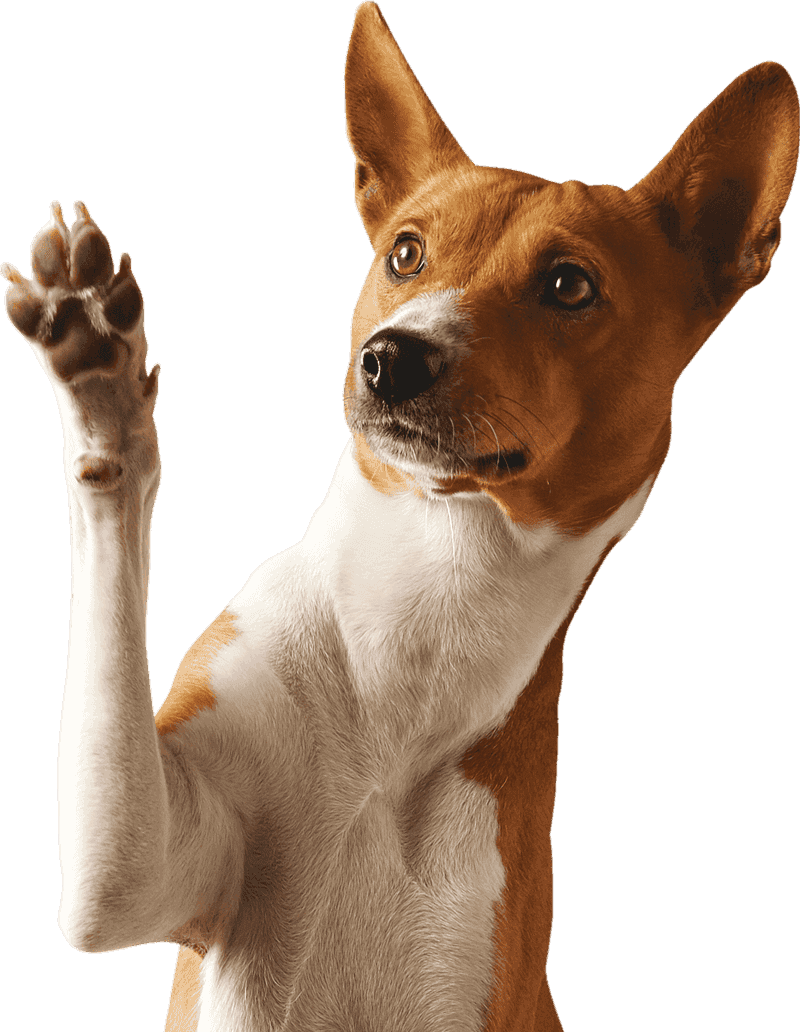How To Care For Your Aging Dog

Most of our dogs enter their senior years between the ages of 7 to 10 and larger breeds tend to develop age-related problems earlier than smaller breeds. Aging dogs still need to be active and have good mental stimulation. We can help our senior dogs adapt to the changes that occur through aging in a variety of ways. First thing we can do is recognise the signs of aging.
Signs of Aging in Dogs
All dogs age differently and show different signs of aging. Here are some signs that your dog may show when starting to age:
- Start to get grey around their muzzle
- Sight and hearing is not as sharp as it once was
- Skin becomes less elastic and their coat may be thinner and not as shiny as it once was
- Weight gain or weight loss
- Slower to get up off their bed or go for walks
- Starting to have mobility issues
- Tend to sleep more or can become restless at night
- Less interested in playing with other dogs or with their toys
- Become forgetful or disorientated
- Loss of teeth
- Less tolerant with younger dogs or children
Aging is inevitable but we can help slow the process down by good management, starting with regular visits to your vet where your dog’s health can be assessed and monitored. The vet will have recommendations on how to deal with any concerning health issues and signs of aging that need attention. It is important to diagnose any problems early to avoid health deterioration. Sometimes it is simply a matter of having the appropriate medication and supplements, or modifying your dog’s environment or routine.
Senior Dog Diet
A healthy, nutritious and appropriate diet for the senior dog is essential. Senior dog food and supplements can help older dogs live healthier lifestyles, but you must also consider that if your dog has any health issues the diet may also have to be altered to improve that condition. Talk to your veterinarian or canine nutritionist to determine the best diet and supplements for your dog. Diet and good prophylactic routines against internal and external parasites are all a major part of controlling the aging process in our fur babies.
Senior Dog Exercise
The aging process brings with it loss of muscle tone and balance which will lead to inactivity. Inactivity will lead to faster aging as well as the risk of injury. Our older dogs can benefit greatly by some anti-aging activities and therapies that can slow the aging process. Short walks, massage and hydrotherapy will assist with their cardiovascular system and weight control, and can aid in the reduction of stiffness, soreness and inflammation of the joints. There are gentle exercises that will help strengthen, balance and keep your dog flexible. It is also very important to keep up their mental stimulation by offering novel toys or teaching them new tricks - this can help your older dog feel young again!
The Do's and Don'ts for Your Aging Dog
The Do's
- Do have your older dogs health checked yearly - this includes bloods
- Do assess your dog’s health status before treating with supplements or alternative therapies
- Do exercise your older dog with some kind of gentle exercise such as small walks or hydrotherapy
- Do feed an appropriate diet and supplements
- Do provide a well-supported bed that is not too high and that is easy for the older dog to get up off. Memory foam is ideal for our older dogs
- Do give your dog a warm jacket at night or a heat pad under the bed, particularly if your dog sleeps outside or in a cool room. This will benefit your aged dog greatly
- Do get to know your dog’s limits when socialising with other dogs or children
The Don'ts
- Don’t assume that alternative therapies replace veterinary advice
- Don’t let your senior dog get overweight
- Don’t ignore warning signs of ill health
- Don’t let aged dogs scramble around on tiles, polished floor boards or lie for long periods of time on concrete
- Don’t let your older dog stay wet and cold in the cooler months
Aging dogs will experience more discomfort during winter months as the days are shorter, colder and they tend not to want to be as active in cold weather. This is the time when they need to be kept moving! Our indoor heated pool or water treadmill is perfect for the older dogs as it's gentle, non weight bearing and calms down any inflammation as a result of arthritic conditions.
The senior dog really is an older member of the family which we need to respect, love and care for. In this article we have covered some things to help you identify signs of aging and how to look after your aging dog, but remember most of all they need you and your love.
K9 SWiM is running a workshop on caring for your senior dog on Sunday 30th May 2021. Head over to our short courses page to register now and ensure your aging dog will be well looked after this winter.
We also offer a Senior Dog Program - get in touch for more information!

